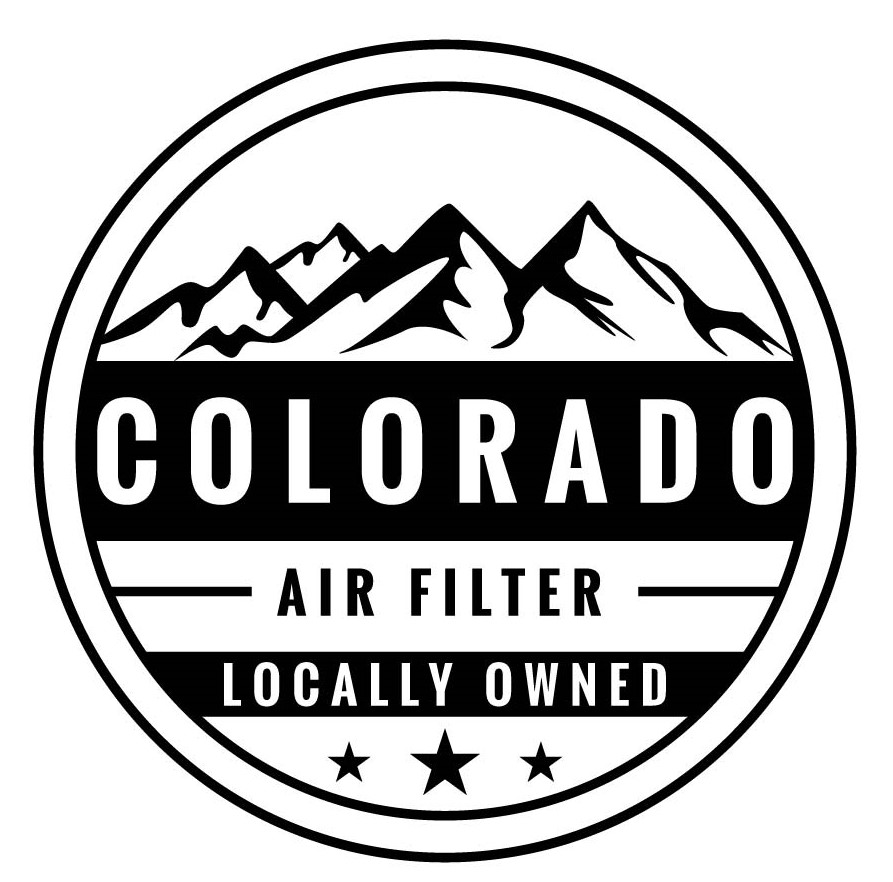Industries
Food/Beverage Manufacturing
Air filtration plays a critical role in ensuring the safety and quality of food, beverage, and liquid manufacturing processes. In these industries, airborne contaminants such as dust, mold, bacteria, and other microorganisms can have a significant impact on the final product’s quality and safety.
To maintain air quality and prevent contamination, air filtration systems for food, beverage, and liquid manufacturing typically incorporate a combination of filters and air handling equipment. High-efficiency particulate air (HEPA) filters are commonly used to remove small particles, while activated carbon filters can remove odors and volatile organic compounds (VOCs). Ultraviolet germicidal irradiation (UVGI) systems may also be used to sterilize the air and prevent the spread of bacteria and viruses.
The specific type and configuration of air filtration systems used in food, beverage, and liquid manufacturing depend on the product being manufactured, the process involved, and the specific regulatory requirements that must be met. For example, in the production of sterile liquids such as intravenous solutions or vaccines, the air must be filtered to remove all microorganisms, including viruses and bacteria. In other processes, such as baking or roasting, filters may be used to remove smoke and cooking odors to maintain air quality and prevent product contamination.
Regular maintenance and testing of the air filtration system are critical to ensure that it is functioning correctly and providing the necessary level of air cleanliness. By implementing appropriate air filtration measures, manufacturers can help ensure the safety and quality of their products and protect consumers from potential health hazards.

